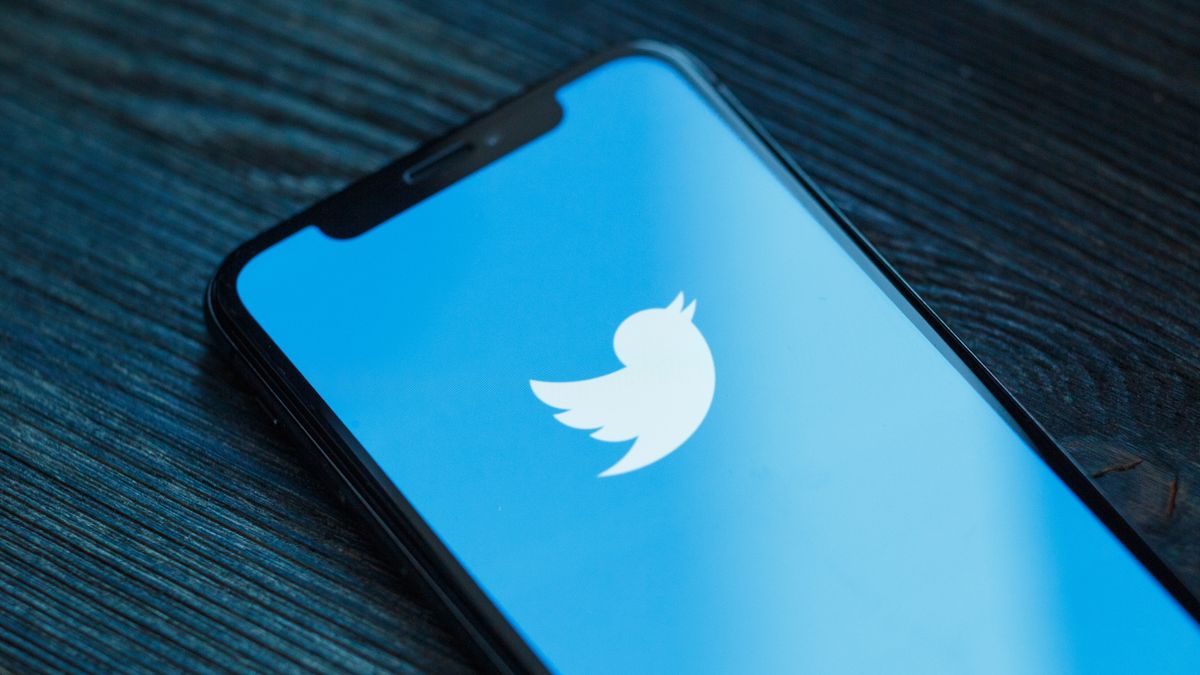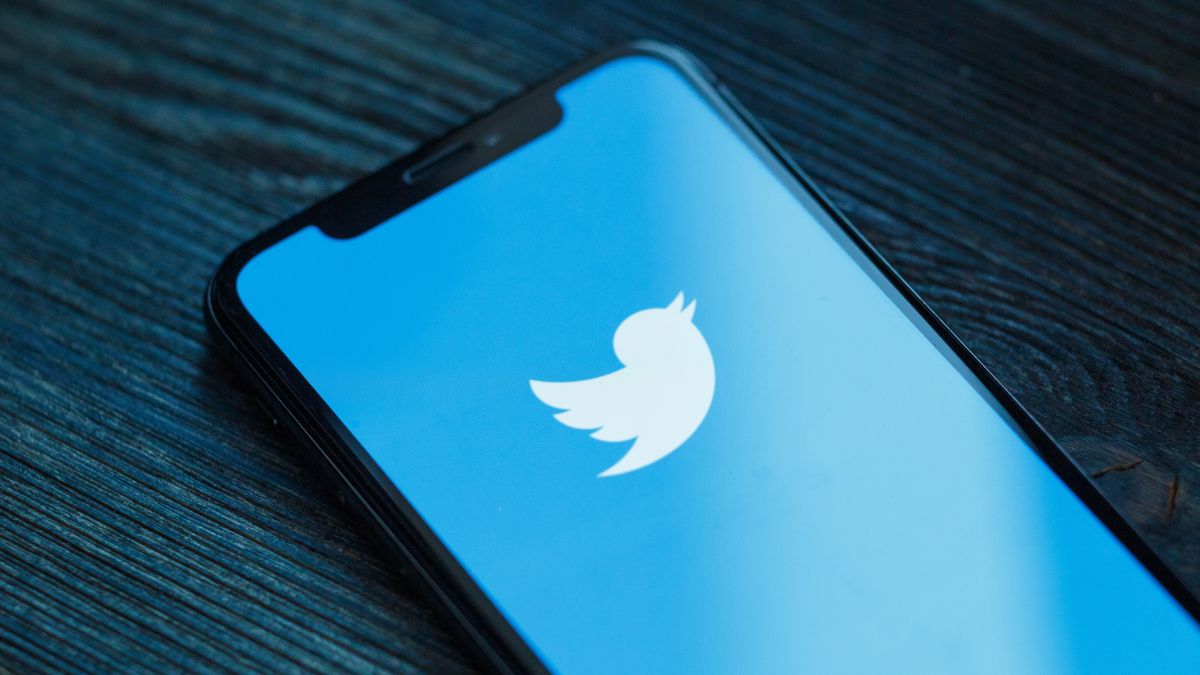
Podcast as a means of entertainment is still at a nascent stage, but social networks appear to see them as a possible vortex around which communities could be built and fostered in the future. Which is why Twitter’s latest announcement on acquiring podcasting app Breaker is far from surprising. Their recent signing up with AWS for expanding their cloud cover was a tell-tale sign of things to come.
That podcasts are on everybody’s radar is obvious from recent reports of Spotify’s NPR deal and Amazon speakers now playing Spotify podcasts via Alexa. Now Twitter has joined the bandwagon of podcast fanatics through its acquisition of Breaker, an app that came into the limelight in 2016 when podcasts were seen as audio feeds.
Breaking the podcast barrier
In work news, I’m joining Twitter to help build @TwitterSpaces! 🥳 While I’ll very much miss @breaker, I’m so excited to help create the future of audio conversations. https://t.co/0Y8fkbCIFmJanuary 4, 2021
Twitter’s decision to acquire Breaker is ostensibly to “improve the health of the public conversation” on the service, through getting the latter’s engineers to work on the social media platform’s new audio-based networking project. Yes, Twitter Spaces looks like becoming a reality post mid-January when the Breaker app shuts down.
The Breaker team comprising CEO Erik Berlin and CTO Leah Culver came together after having sold off their previous startups – the social advertising company 140 Proof and Pownce and Grove respectively. Berlin claims in a blog post that they were joining hands with Twitter to enhance the audio experiences on that platform.
The Breaker app was launched in 2016 when podcasts were still seen as audio feeds delivered over apps that were essentially meant for productivity enhancements. The duo of Berlin and Leah brought in Breaker to change this perception by allowing the users to like and comment on episodes, discover new podcasts via friends, share their favourite shows via social media channels etc.
In fact, Leah’s tweet suggests that she would be part of the team building Twitter Spaces, the audio-based social networking product, that can now hope to take on Clubhouse, the app that celebrities are making a beeline for. Twitter Spaces has been in beta testing since December and allows users to chat real time using voice instead of text. The next challenge would be on how Twitter hosts live audio and possible moderation efforts, which is probably where AWS steps in.
🚨🚨🚨Excited to share some news. The @Breaker team, @sferik, @leahculver and @emma_lundin, is joining Twitter. 👋January 4, 2021
Podcasts are here to stay
In recent times, there have been a slew of mergers and acquisitions around podcast business though unlike in the past where content aggregation was the key, this time it is the technology and the team that is crossing over. Not surprising, given Twitter’s known aversion to creating its own content.
The Breaker deal offers no details around the price, the fact remains that some of the key personnel took to social media to announce that they would be getting on board the mother ship. Of course, one could argue that Breaker’s skin in the game is only technology prowess which now sits alongside the Twitter engineering team.
Twitter’s move comes in the wake of Amazon’s $300 million acquisition of Wondery, Sirius buying out Stitcher for a similar amount and the deals that Spotify has struck in recent times to enhance its content cupboard.
None of these however adds to the belief that startups in the podcast business are the next big thing. Besides the low valuation that these sales have seen, there is also the issue of how the voice-led social conversation business will pan out in the future. Even with Twitter going ahead with its voice-enabled social platform, one isn’t sure what perils lie in the future for the platform that’s faced perennial online toxicity.
